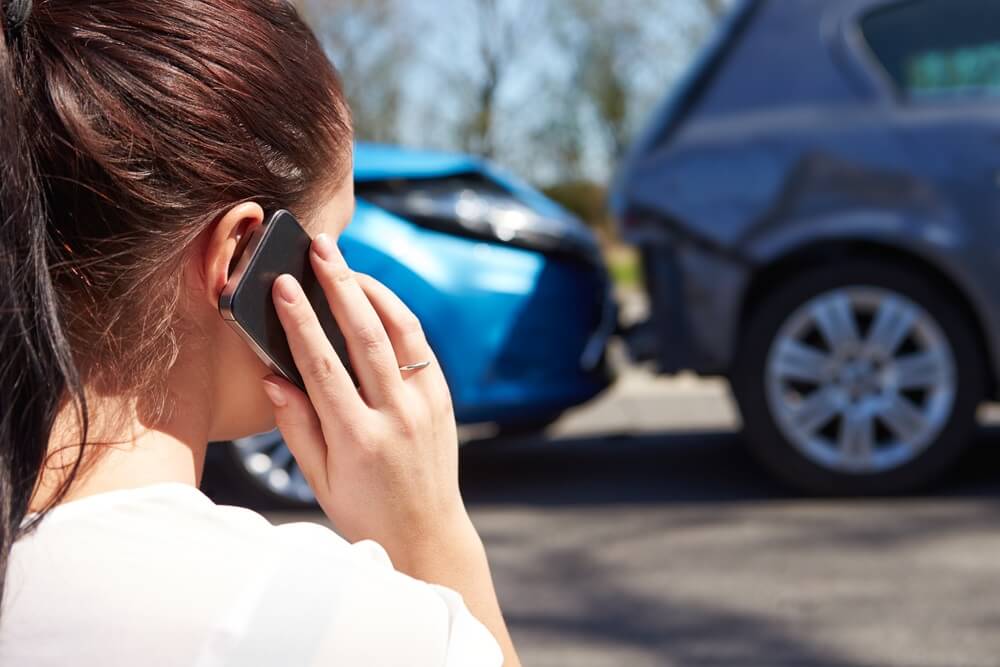Operating a vehicle comes with high risks. Drivers have to prepare for any scenario. Research shows that speeding is a common issue on the road. Here's an overview of how speeding impacts car crashes, often with deadly results.
According to the National Highway Traffic Safety Administration, speeding is defined as going excessively over the speed limit. Speeding leads to a high risk of crashes, especially during road conditions impacted by inclement weather. Research conducted by the Insurance Institute for Highway Safety shows that every 10 mph increase on a highway's speed limit leads to more roadway deaths. Collisions between vehicles aren't the only deadly relationship on the road. Accidents involving cars and pedestrians or cyclists also have fatal consequences most of the time. Driving under the influence is another common issue that leads to fatalities.
- Common Speeding Demographics
Research shows that speeding regularly occurs among young drivers the most. Analysts believe that young drivers speed because of their lack of driving experience and their attraction to seeking thrills. As drivers age and gain more experience, they start to slow down. Collisions with motorcyclists make up a large number of fatal crashes.
- Setting Speed Limits
State laws help establish speed limits on different roads. They measure land traffic, environment, roadway design, pedestrians, and crash experience. They also measure the speed that vehicles are traveling during open conditions. The maximum speed is 85 mph in rural areas and 80 mph in urban areas. Research conducted by the IIHS shows that fatalities have increased as speed limits have risen.
- Handling Speeding Drivers
If you encounter a driver who is speeding, check to make sure that you aren't irritating them by engaging in poor driving behavior. Try to maintain a safe distance from them and be alert. If you don't feel safe, contact the local authorities to handle the situation.
- Speeding Variables
Common Causes
Many drivers speed because of traffic or running late to their destination. Some drivers speed because of anonymity. Some drivers speed because they simply do not care about the law.
Risks
The faster you're driving, the higher the risk of a crash. When you're speeding, you are unable to process information quickly. Your braking distance is extended. Speeding also reduces your ability to drive around curves, cones, and other obstacles. Speeding also causes other drivers to judge your distance inaccurately.
Severity
Speeding causes you to exert crash energy. Once the energy level is surpassed, it's difficult for your car to avoid potential damage, which in turn causes you to suffer a serious injury. Your body is vulnerable to the force caused by a collision.
- Potential Consequences
While minor speeding may simply lead to a ticket, more serious violations may cause your license to be suspended, lose your job, get sued, or cause an increase in your auto insurance. The worst-case scenario is a damaging long-term injury or death. The consequences of speeding are severe enough that you would be taking a huge risk.
Consult With Club Agency Insurance Brokerage
Speeding is something to avoid at all times. Operating a vehicle is a high-risk endeavor where one mistake can lead to serious injuries or worse. Practicing safe driving habits is beneficial to your long-term health and your insurance rates. If you have any questions about your auto insurance, contact the experts here at Club Agency Insurance Brokerage, and we will assist you.



